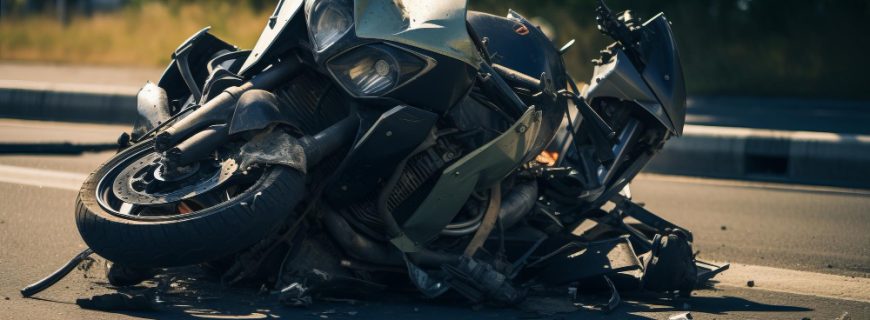
Comprehensive Guide to Dealing with Motorcycle Accidents and Injuries
Understanding the Aftermath of a Motorcycle Accident
Motorcycle accidents can be devastating, both physically and emotionally. In the aftermath of such an incident, it’s crucial to understand what steps to take to protect yourself legally, medically, and financially. Whether you’re a seasoned rider or new to the world of motorcycles, being prepared for the possibility of an accident is essential.
Immediate Actions After a Motorcycle Accident
1. Ensure Safety First
The safety of all parties involved should be the top priority. If you’re able to move, carefully remove yourself from the roadway to prevent further accidents or injuries. Turn on hazard lights or use flares to alert other motorists of the accident scene.
2. Seek Medical Attention
Even if you don’t believe you’ve been seriously injured, it’s imperative to seek medical attention immediately. Some injuries, such as internal bleeding or concussion, may not be immediately apparent but can have severe consequences if left untreated.
3. Contact Law Enforcement
Report the accident to the police, ensuring that an official report is filed. This documentation will be crucial for insurance claims and legal proceedings.
Legal and Financial Considerations
1. Gather Evidence
Document the accident scene by taking photographs of the vehicles involved, any visible injuries, and any road conditions that may have contributed to the accident. Collect contact information from witnesses, as their statements may be valuable later on.
2. Contact Your Insurance Company
Notify your insurance provider of the accident as soon as possible. Provide them with all relevant details and documentation, including the police report and any medical records.
3. Consult with a Personal Injury Attorney
If you’ve been injured in a motorcycle accident, it’s essential to seek legal representation from a qualified personal injury attorney. They can help you navigate the complexities of insurance claims and pursue compensation for your injuries, medical expenses, lost wages, and pain and suffering.
Long-Term Recovery and Rehabilitation
1. Follow Medical Advice
Attend all follow-up appointments and adhere to your healthcare provider’s treatment plan. Physical therapy, rehabilitation, and ongoing medical care may be necessary for a full recovery.
2. Document Expenses
Keep detailed records of all medical expenses, including bills, receipts, and mileage for travel to medical appointments. This documentation will be crucial for insurance claims and legal proceedings.
3. Know Your Rights
Understanding your rights as a motorcycle accident victim is essential. Don’t hesitate to assert your rights and seek legal recourse if necessary.
Conclusion
In the aftermath of a motorcycle accident, knowing what steps to take can make all the difference in your recovery and your ability to pursue compensation for your injuries. By following the guidance outlined above, you can protect yourself legally, medically, and financially during this challenging time.
